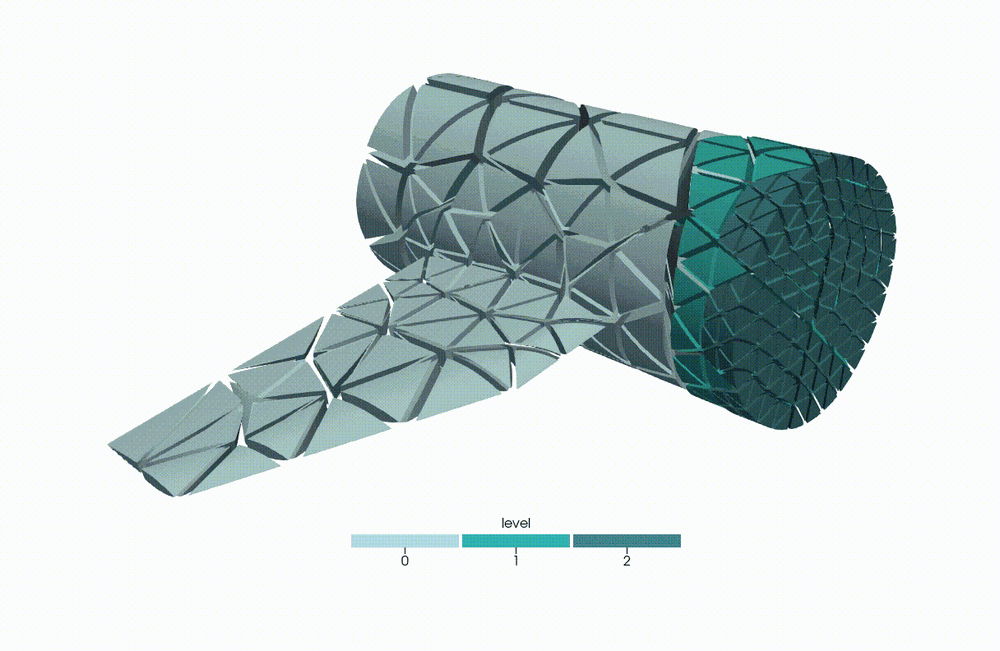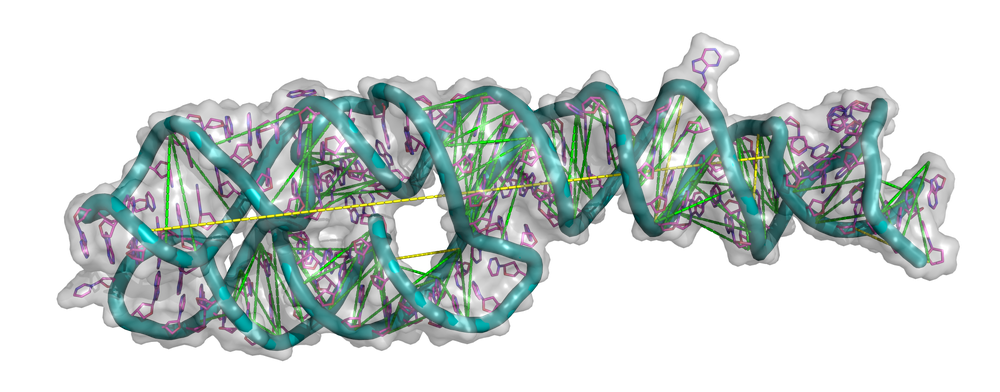High-Performance Computing Department


DLR et al. CC-BY https://www.nature.com/articles/s42003-023-05244-9.pdf

The department of High-Performance Computing investigates advanced computing methods that enable complex computations and parallel processing of large amounts of data on high-performance computers. In addition to developing software for classical computing clusters and EXASCALE-class computers, the department is also researching applications for quantum computers. Quantum computing represents a significant improvement in the ability to solve highly complex problems that are difficult or even impossible to solve with conventional computers
Data analysis and simulation with high-performance computing
High-Performance Computing (HPC) is the turbo of computing. HPC is an indispensable tool for numerical simulation, data analysis and many other areas of research. We deal with high-performance computing in its entirety. In addition to software expertise, we also provide the know-how for the latest hardware requirements.
At the heart of our software research is the handling of enormous amounts of data. We use efficient parallel algorithms from artificial intelligence to analyse large amounts of data with high performance. We are developing efficient, massively scalable algorithms for the extremely parallel computers of the future. We are working on software to optimise and accelerate HPC processes with modern hardware components such as graphics or multi-core processors. At the same time, we are developing robust and secure methods that combine the accuracy of physical models and numerical simulations with the flexibility and speed of data-driven models.
Examples of the use of HPC methods and computing power can be found in:
- Geometric modelling and shape optimization of components for the aerospace industry. We support engineers inside and outside DLR in the generation, simulation and validation of hybrid models.
- Simulation with digital twins
- Predictive software frameworks based on statistical modelling. Here we consider the solution of technical and societal challenges, such as the protection of infrastructures in crisis situations.
- Numerical simulation. We are exploring highly scalable algorithms and data structures for adaptive grid refinement. This means that HPC resources such as computing power and memory can be used much more efficiently, and simulations can be performed in less time and with greater accuracy.
In the area of hardware, we are investigating the efficient use of new specialised computer architectures in addition to traditional computer architectures. One example is neuromorphic hardware, which is optimised for artificial intelligence methods. We are making great efforts to use HPC resources as energy-efficiently as possible.
Quantum computing research and applications
The availability of the first usable quantum computer hardware opens up potential solutions for industry and research that cannot be achieved with conventional computer systems. This applies to highly complex areas such as materials research, logistics and optimal control.
- In quantum computing, we consider the entire software stack from hardware to application.
- We are exploring novel architectures for quantum computers and developing quantum algorithms for promising challenges.
- We are also investigating methods to increase the reliability of current and future quantum computers, in particular quantum error correction, quantum software engineering and optimised compilation of quantum algorithms.
We are exploring the potential of quantum computers for solving complex problems at DLR, as many of the DLR institutes have complex problems with potential to be solved better by quantum computers. These include areas such as cryptography, energy systems, material design, battery research, radar technology, climate research and aerodynamics. We are interested to enable a wide range of researchers inside the DLR to work with quantum computing. For this purpose, we have a specific training program which gathers existing expertise on quantum computing and passes the knowledge on to participating institutes.
